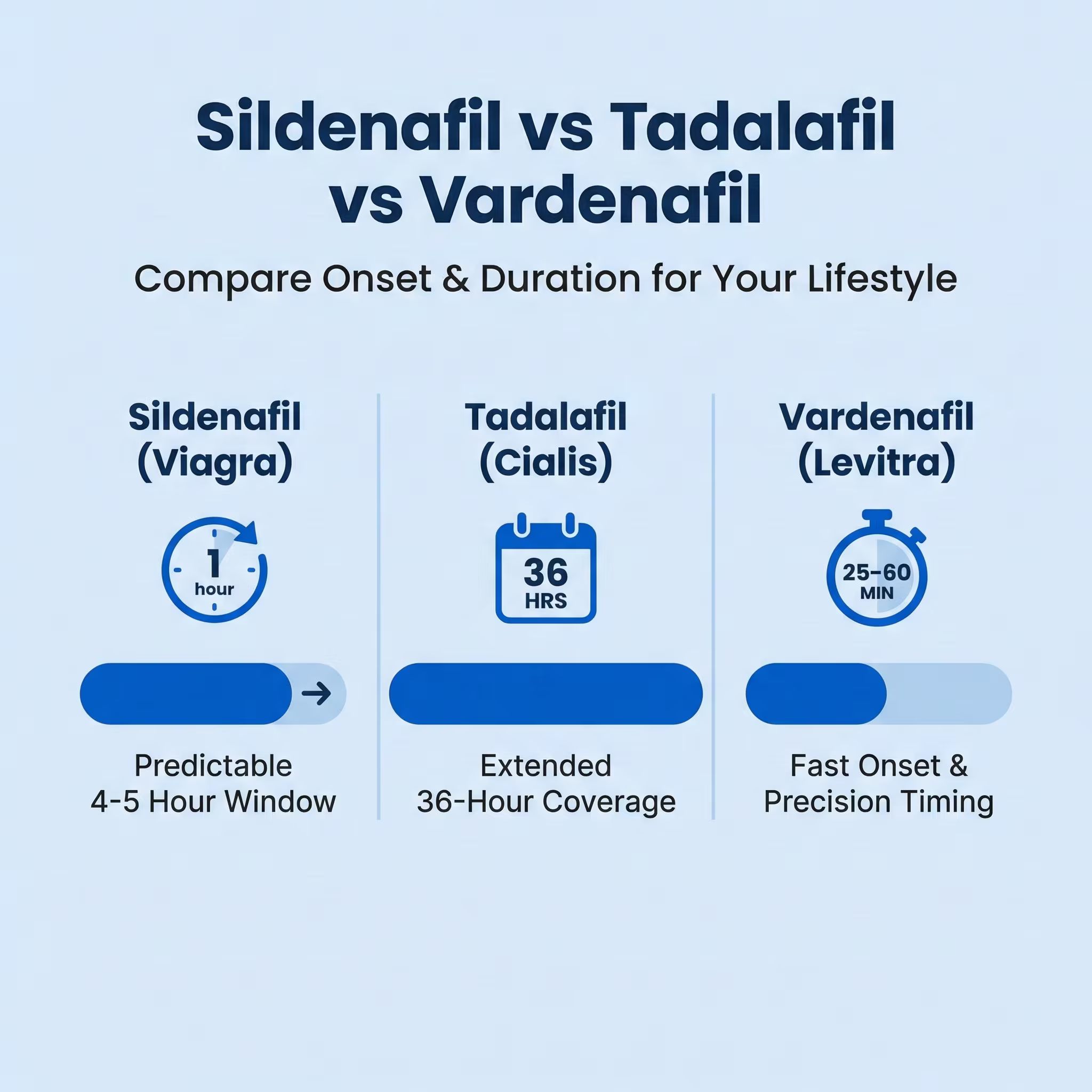When Albert Einstein worked for Princeton in the 1930s, he’d walk the mile and a half journey there and back each day. Charles Darwin, another avid walker, took daily strolls around his backyard’s “thinking path” while he pondered the theory of evolution. Throughout history, from Aristotle to Steve Jobs, some of the greatest thinkers of our time were daily walkers, which begs the question: Could there be a link between walking and enhanced brain function?
Here are three key benefits of walking and how it can help you think better, be more creative, and live up to your fullest potential.
Walk to be more creative
If you’re sitting at your desk having trouble coming up with some fresh ideas, stand up and take a walk. This is exactly what Stanford researchers suggested to college students in a 2014 study, before assessing their creative thinking abilities.
The participants were assigned to various setups: indoor treadmill walking, indoor seated sessions facing a blank wall, outdoor walking, or outdoor seated sessions in a wheelchair along a designated path on the Stanford campus.
An overwhelming majority of the participants exhibited higher levels of creativity while walking as compared to when they were sitting. In one of these experiments conducted indoors, individuals were tested first while seated and then while walking on a treadmill. There was an average increase of 60% in creative output during walking.
As to why walking inspires creative thinking, the researchers suggested a few possible explanations. For one, walking, like other physical activity, is linked to mood enhancement. And an increase in positive mood is said to improve divergent thinking, which involves coming up with many different solutions or answers to a question. Walking also helps people tap into their associative memories, which helps them come up with novel ideas. Finally, there seems to be a “mind-freeing” quality of engaging in a comfortable task like walking, which opens a free flow of ideas and may have residual effects when you return to your seat.
Walk to enhance your memory
Walking also boosts brain health by improving your memory and brain plasticity. In one small study in Germany, subjects were asked to memorize 40 words in a foreign language while walking on a treadmill. In a second session three days later, they were asked to memorize 40 words while sitting down. A day after each session, the subjects took an online vocabulary test. Those who had learned the vocabulary while walking on the treadmill performed better during vocabulary retrieval compared to those who were sedentary.
According to the study authors, one potential reason why walking improves memory is by lowering stress. Cortisol levels did not increase during treadmill walking, allowing researchers to see that stable cortisol levels may be associated with better memory formation. However, they pointed out that further research is necessary to see if the findings would be similar if subjects were asked to walk faster.
Another potential explanation is that a process called entrainment theory — which is when two independent processes or rhythms coordinate or synchronize — may help with information processing. In the study, vocabulary words were presented at the same rate as the participants’ preferred walking speed, aligning a stimulus (the vocabulary words) with a motor activity (walking). According to the researchers, this synchronization is a “prerequisite of attentive processing,” helping subjects focus their attention and allowing them to more efficiently allocate cognitive resources. Again, the researchers noted that more research is needed to test this hypothesis.
Another way that walking boosts memory, which is not mentioned in the study, is that it helps grow part of the brain called the hippocampus. The hippocampus is responsible for learning, cognitive function, and memory recall, and it tends to shrink as we get older. In a 2018 study of participants aged 60 and over, those who walked more than 4,000 steps per day had healthier hippocampal tissue and better cognitive functioning.
Walk to reduce your risk of cognitive decline
Walking also helps reduce your risk of cognitive decline by increasing your brain’s white matter, research suggests. Though gray matter gets most of the fanfare due to its involvement in learning, speech, and cognition, white matter should not be underestimated. According to the Cleveland Clinic, white matter provides communication between different areas of gray matter as well as between gray matter and other parts of your body. Some research shows that white matter deterioration or changes are associated with cognitive impairment.
In a 2021 study, researchers assessed white matter and cognitive function in 250 older men and women who were fairly sedentary but otherwise healthy. The subjects were put into three groups: a control group that followed a program of stretching and balance training, another group that started walking together three times a week, and a final group of subjects who took up dancing. While both dancers and walkers were more aerobically fit at the end of the study and white matter had increased in both groups, the walkers displayed the most prominent changes. Their nerve fibers had become larger and they had smaller tissue lesions. They also performed better on memory tests. The researchers concluded that taking a few brisk walks each week may help slow cognitive decline or prevent it altogether.
Dr. Cam’s Health Hack
Want to replace boredom scrolling with a healthier habit? Heed this advice from Dr. Cam, CEO and founder of Maximus:
“The next time you feel an impulsive urge to pull out your phone, go for a one-minute walk instead without it in your pocket. You’ll break the condition of automatically trying to avoid your negative emotions and substitute a healthier coping mechanism instead.”
Takeaways:
Whether you walk for five minutes or 50, the benefits of taking a stroll are undeniable. So the next time you feel stuck and out of ideas, take Einstein’s cue and follow in the footsteps of the greats. Remember, walking may benefit brain health in a few key ways:
Enhanced creativity: Walking has been shown to significantly boost creativity by improving mood and associative memory, and promoting a “mind-freeing” quality.
Improved memory: Walking improves memory by reducing stress, tapping into the law of entrainment, and growing the hippocampus.
Reduced cognitive decline: Walking reduces your risk of cognitive decline by enhancing the brain’s white matter.
Disclaimer: The contents of this article, including, but not limited to, text, graphics, images, and other information, is for information purposes only and does not constitute medical advice. The information contained herein is not a substitute for and should never be relied upon for professional medical advice. The content is not meant to be complete or exhaustive or to be applicable to any specific individual's medical condition. You should consult a licensed healthcare professional before starting any health protocol and seek the advice of your physician or other medical professional if you have questions or concerns about a medical condition. Always talk to your doctor about the risks and benefits of any treatment. Never disregard or delay seeking professional medical advice or treatment because of something you have read on this site. Maximus does not recommend, endorse, or make any representation about the efficacy, appropriateness, or suitability of any specific test, products, procedures, treatments, services, opinions, healthcare providers or other information contained herein. Maximus is not responsible for, nor will they bear any liability for, the content provided herein or any actions or outcomes resulting from or related to its use.










